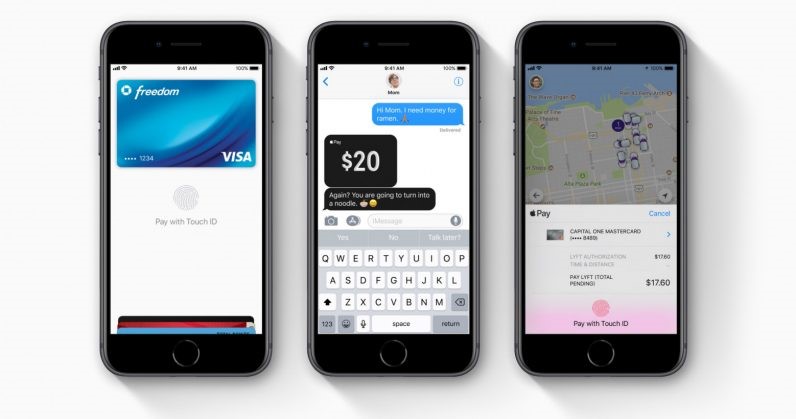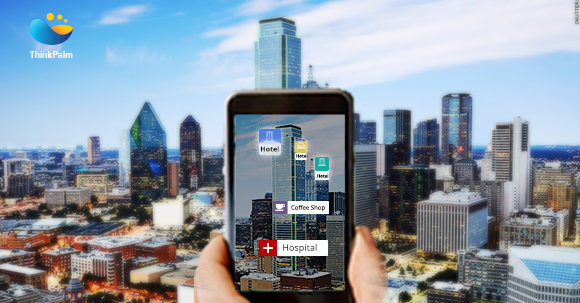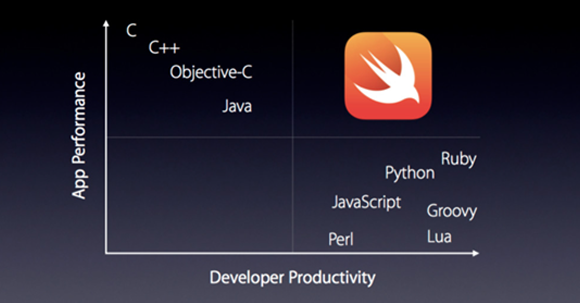Below are five new trends that will elevate iOS in 2018:
Augmented Reality
If you are a person who constantly checks mobile application trends, then Augmented Reality (AR) and Virtual Reality (VR) might be terms familiar to you. 2017 turned out to be a great year for the entertainment and gaming industry, with the introduction of AR games such as Pokemon Go, iOnRoad,Sky Siege, myNav, and VR devices like Samsung Gear VR, Google Cardboard and Oculus Rift.
Compared to 2017, you can expect a gradual increase of 300% in AR adoption in 2018. AR, along with the GPS technology, is expected to bring a huge difference to the gaming world, integrating games into every activity of individuals. 3D games are going to gain prominence in 2018. ARKit will merge digital information and objects with your surrounding environment, bringing apps beyond the screen, and providing a new way of interaction of apps with the real world. It has the potential to build unique products for iPhone and iPad. The combination of digital information with the objects in your surroundings is deadly!
Amazon announced Sumerian application platform in support of Apple’s ARKit. Amazon Sumerian helps you create VR, AR and 3D applications without the help of any specialized programming or expertise. Popular hardware like Oculus Rift, HTC Vive, and iOS devices support Sumerian. It helps you build highly immersive and interactive scenes with ease. You can create a virtual classroom or virtual office space which gives training to employees worldwide, or create an environment which allows the user to take a tour of the space that you create virtually. It is a tool that helps you create your own designs directly from the browser, without much experience or expertise.
A design made using Sumerian is as follows:
Core ML
Core ML is a machine learning framework that is commonly used in Siri, QuickType, and Camera. It helps developers create applications with a few lines of code and integrate computer vision into them. Some of the core features of Core ML are landmark, barcode detection triangle, face detection, text detection, object tracking and AI game development.
iPhone developers can make use of Core ML in their apps, along with the framework code. Tokenization, language identification, entity recognition and lemmatization are all text-using features that can be easily understood with the help of language processing APIs.
Swift 4
We all are familiar with Swift, Apple’s programming language for iOS, macOS, tvOS and Linux. It is an alternative to Objective-C language. Swift 4 has been built on the strengths of Swift 3, such as its robustness and stability, source code compatibility and so on.
The upgradation of Swift 3 to Swift 4 will help iOS developers build applications that consume less memory, without compromising on the security features. Swift is not going to replace Objective –C, but will gain a lot of attention in 2018.
The growth rate of Swift programming language can be seen below:
Beacons & Location-Based Services
Location-based service apps like Google Beacon and Apple’s iBeacons are gaining tremendous popularity. GPS and beacons are being largely used in commercial environments, targeting individual customers. Over the past two years, they are being rampantly used in home appliances like kitchen appliances, washing machines, even on automobiles! It is a blessing for customers who can access their home appliances, even if they are in remote locations. With the help of location-based information, Wi-Fi support will be on the rise in 2018.
So, what is iBeacon?
iBeacon is a protocol developed by Apple in the year 2013. Since then, various iBeacon-compatible hardware transmitters have been made, typically called beacons. They are devices, classified as BLE (Bluetooth Low Energy) devices, that broadcast to nearby electronic devices. This technology enables smartphones and tablets to perform actions when they are close to the iBeacon.
How does iBeacon work?
As you read earlier, the iBeacon is based on BLE technology. It senses the compatible app or device and transmits a universally unique identifier. The device location can be found using the unique identifier, along with the bytes sent with it. Customer tracking, triggering customer actions and more can be performed using iBeacons.
iBeacons are not limited to the external environment. It can be used as an indoor positioning system that helps customers determine their approximate locations. Enter mobile commerce! Customers can receive special deals through mobile marketing and make payments through their mobiles.
Compared to geopush technology, that is purely based on GPS, iBeacons are far better in terms of battery draining and precision.
How do iBecons differ from other GPS tracking devices?
Unlike other GPS tracking devices, iBecons are just one- way transmitters to the receiving devices or smartphones. It initiates the specific app installed on the device to interact with the beacons. This makes sure that only the installed app can track the users as they walk around these transmitters, solely against their will.
Examples:
2. USB sticks
Apple Pay
Apple pay is a convenient way of buying goods and selling them through your iOS app. Different services such as hotel reservations, online ticket bookings or even donations can be realized through Apple Pay.

Advantages:
Instead of sharing the credit and debit card details, we can use Apple pay as Apple does not share or store customers’ credit or debit card details. Also, you can use iMessages to send and receive money from friends or family. The money transfer occurs through virtual pay cash, so we do not require any additional applications.
In short, this year is going to be massive for iOS developers, as absorbing these upcoming technologies will offer them an immense opportunity of creating innovative apps with a seamless approach.






